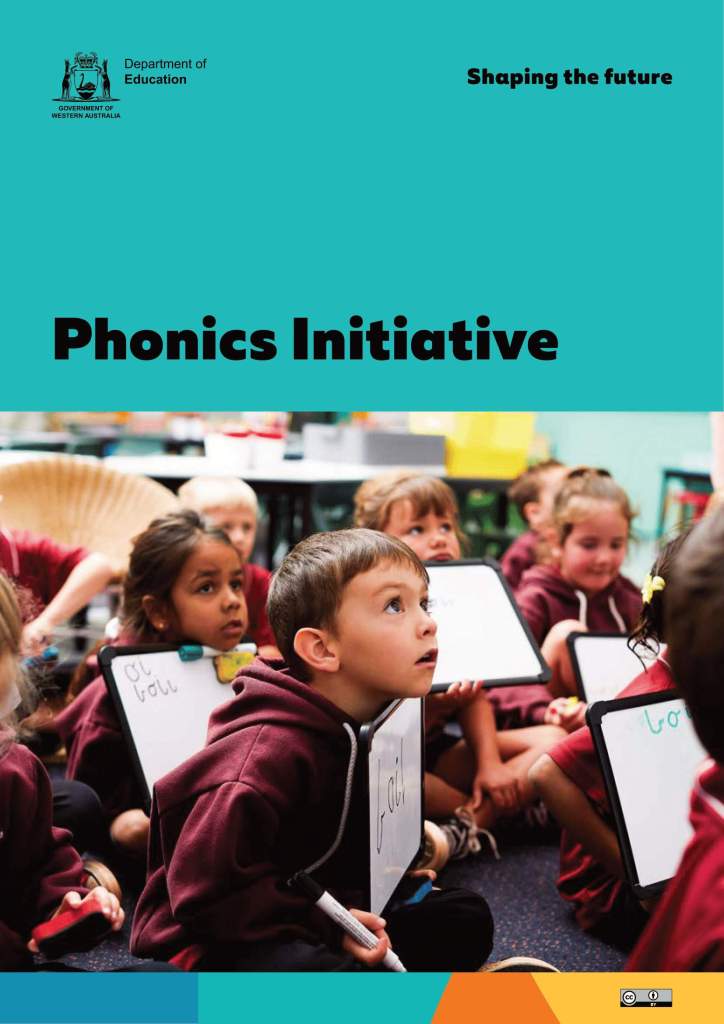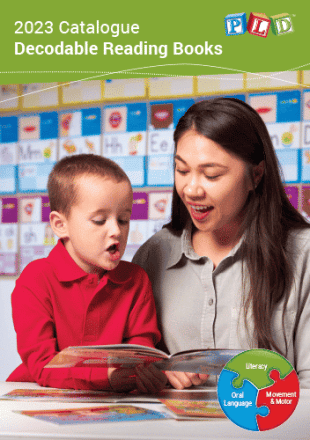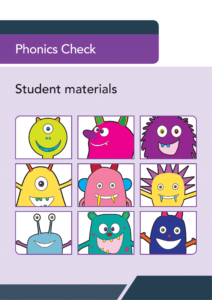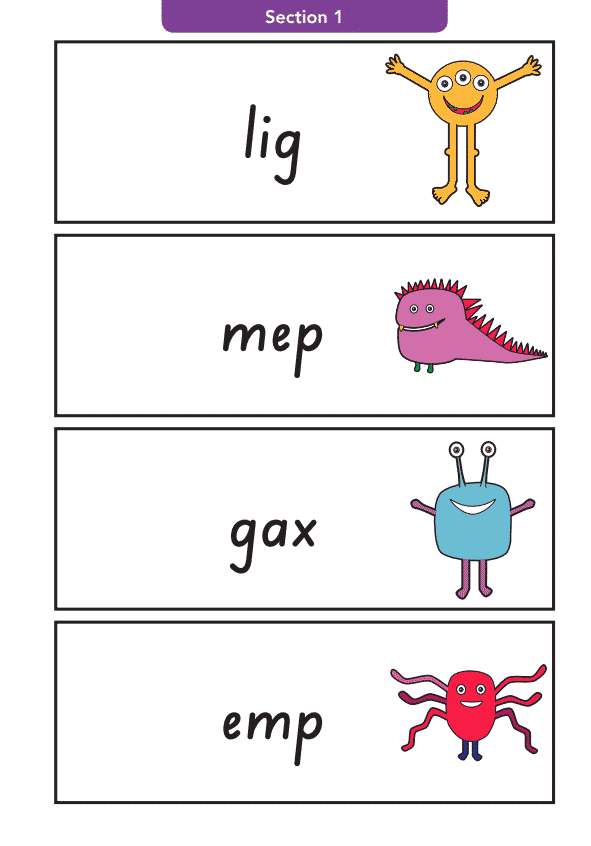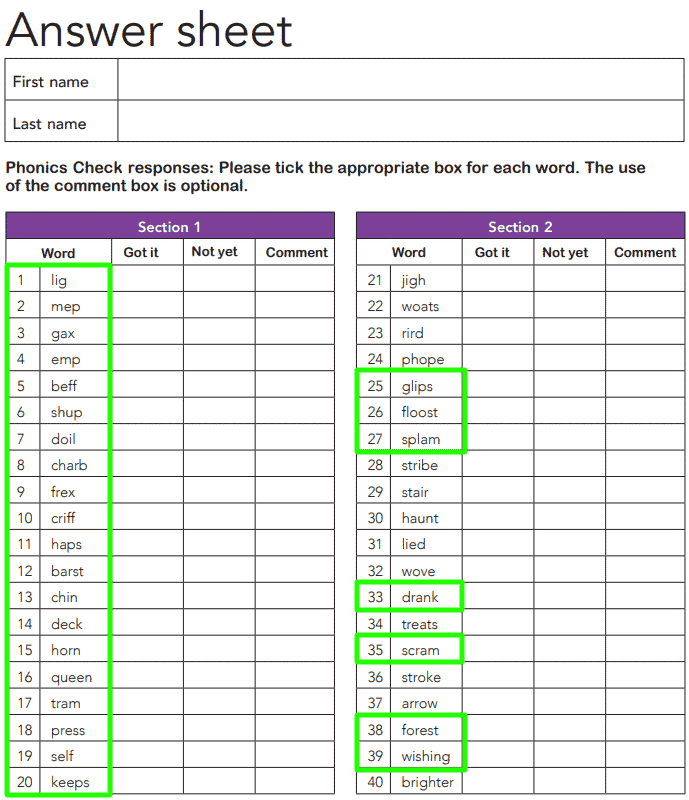As a part of the 2023 WA Department of Education Phonics Initiative, WA schools will be required to complete an annual phonics assessment for Year 1 students from the start of 2023. The annual assessment will help teachers to identify students who require additional support to develop essential phonics skills.
The WA Department of Education has identified PLD as an endorsed phonics program to support schools with this implementation. Schools already implementing PLD, or those who are looking at implementing PLD, will be interested in PLD’s alignment with the WA Education Department screening requirements.
Implementing PLD With Fidelity
All schools implementing PLD should already be using the PLD Tracking Sheets and the termly reporting of skill development throughout Kindergarten, Pre-Primary, and Year 1. The WA Phonics Initiative requires that students are identified by mid-Year 1. However, the PLD process has involved termly testing over 2 years prior to Year 1. The termly tracking of skill development will have occurred throughout Kindergarten (Early Years), Pre-Primary (Foundation), and Year 1.
What Does the WA Phonics Initiative Involve?
“The Department of Education is committed to developing the literacy skills of students from an early age. The WA Phonics Initiative requires all public schools with primary-aged students from 2023 to:
• Provide an early years’ literacy approach that includes planned and structured teaching of phonics, informed by the Western Australian Kindergarten Curriculum Guidelines and Pre-primary to Year 2 English curriculum.
• Have access to a quality-assured set of Department endorsed resources, including evidence-based instructional practices, curriculum-aligned phonics programs and assessment tools to monitor, assess and support early intervention.
• Principals will need to confirm at Semester 2 census that Year 1 students have undergone a phonics assessment by mid-Year 1, which identifies their progress against the Department of Education’s expected proficiency.”
Why is a Year 1 Phonics Assessment Important?
PLD has always been committed to the prevention of literacy difficulties and supports WA’s Initiative to follow the lead of NSW and SA in the introduction of the UK Phonics Screening Check.
Learning to read is a fundamental responsibility of primary schools. Reading ability affects academic performance in all subjects and is associated with later social, emotional, economic and physical health.
After decades of multidisciplinary research, the scientific community has largely reached a consensus on how children learn to read, what effective instruction is, what causes literacy difficulties and how difficulties can be prevented. Unfortunately, much of this research is not reaching the classroom.
As a result, literacy results are not as strong as they could be. PLD has always been committed to preventing literacy difficulties and is supportive of this initiative which will highlight the role of explicit, systematic and daily phonics teaching and an early intervention process.
4 Steps to Prepare for the Year 1 Phonics Assessment
Step 1: Revisit & Reinvigorate the Structured Synthetic Phonics (SSP) program
Schools should be implementing Structured Synthetic Phonics (SSP) programs while making efforts to remove the residual Whole-Language and Balanced Literacy programs and practices which are not evidence-based. AUSPELD provides recommendations on evidence-based programs that are backed by current research, linked to improved academic results and supported by independent reviews of the effectiveness of the program.
Establish a Whole School Literacy Plan so that SSP gets implemented across all year levels and students receive a consistent approach from start to finish during primary school years. PLD’s Whole School Literacy Plan summarises explicit teaching sequences and the screening & tracking process for Kindergarten (Early Years) on page 4, Pre-Primary (Foundation) on page 8 and 9, Year 1 & 2 on page 12.

Step 2: Check That All Leveled Reading Books Were Removed From the Junior Primary
It is imperative that schools remove leveled readers in Foundation and Year 1 and replace them with decodable reading books. Decodable texts are an essential part of the SSP approach and have been proven to be an effective conduit between phonics and reading. Decodable texts support young readers by presenting decodable words that correspond to the phonic concepts they are learning in class. In this way, students practice applying their alphabet, phonic knowledge, and blending skills and typically develop strong reading accuracy.
Step 3: The PLD Tracking Sheets are an Essential Element
To secure the full benefits of PLD, the PLD Tracking Sheets must be implemented. The provision of programs, training, and paper-based testing is not enough to secure the full implementation benefits. Through the tracking sheets, classroom teachers report on skill development and develop a termly teaching plan. In addition, school leaders and classroom teachers can access free support and ‘coaching’ from the PLD team.

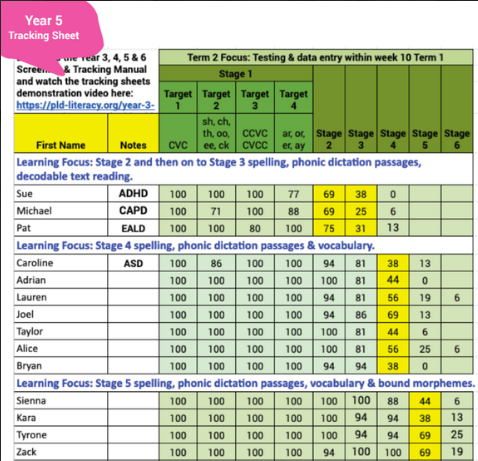
Step 4: Additional Resources
Nonsense words are, by definition, words a child will never have seen before. Because children will not have been exposed to them, they won’t be able to use their visual memories to read them. As a rule, nonsense words are recommended as a testing tool rather than a teaching tool. Read more here.
While the instruction of nonsense (or pseudo words) is not imperative, some schools will be searching for additional programs to prepare students for the UK Phonics Screening Check. PLD has a range of Stage 1 nonsense and real word decoding tasks designed for this purpose:
- Real & Nonsense Words Stage 1 Target 1: CVC
- Real & Nonsense Words Stage 1 Target 2: sh, ch, th, oo, ee, qu, wh, ck
- Real & Nonsense Words Stage 1 Target 3: CCVC & CVCC
- Real & Nonsense Words Stage 1 Target 4: ar, or, er, ai, ay, oi, oy
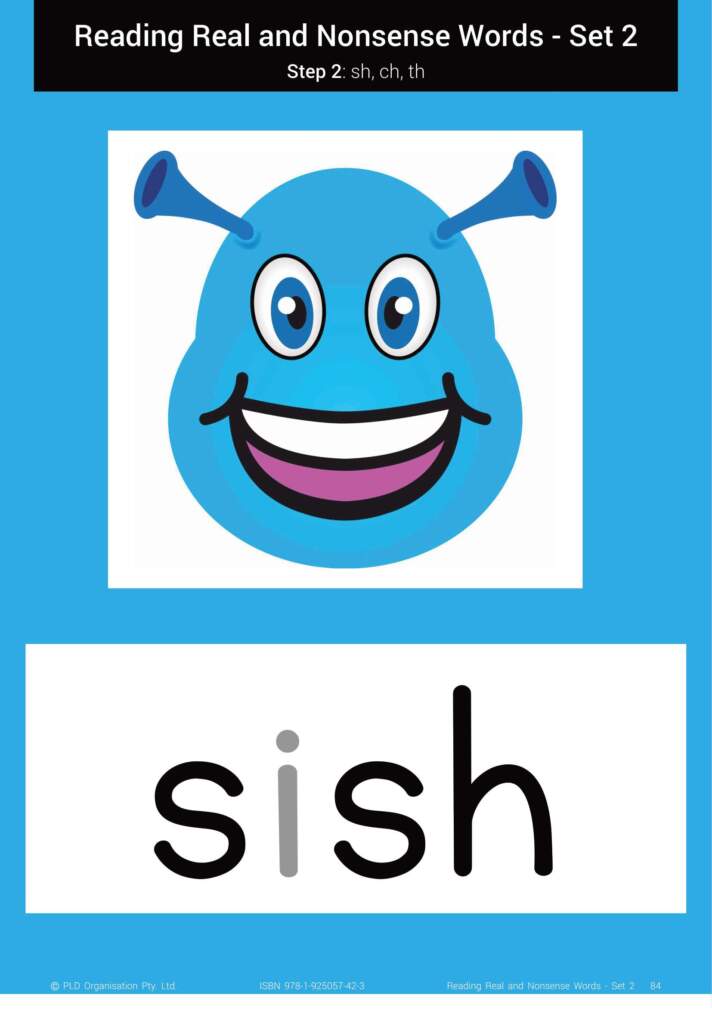
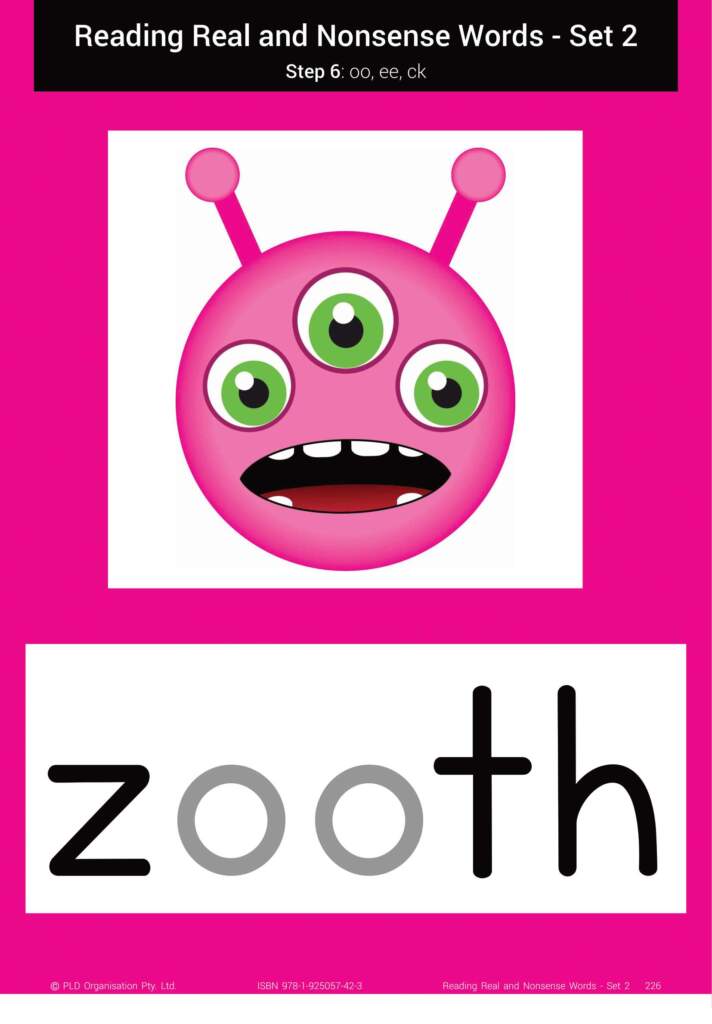
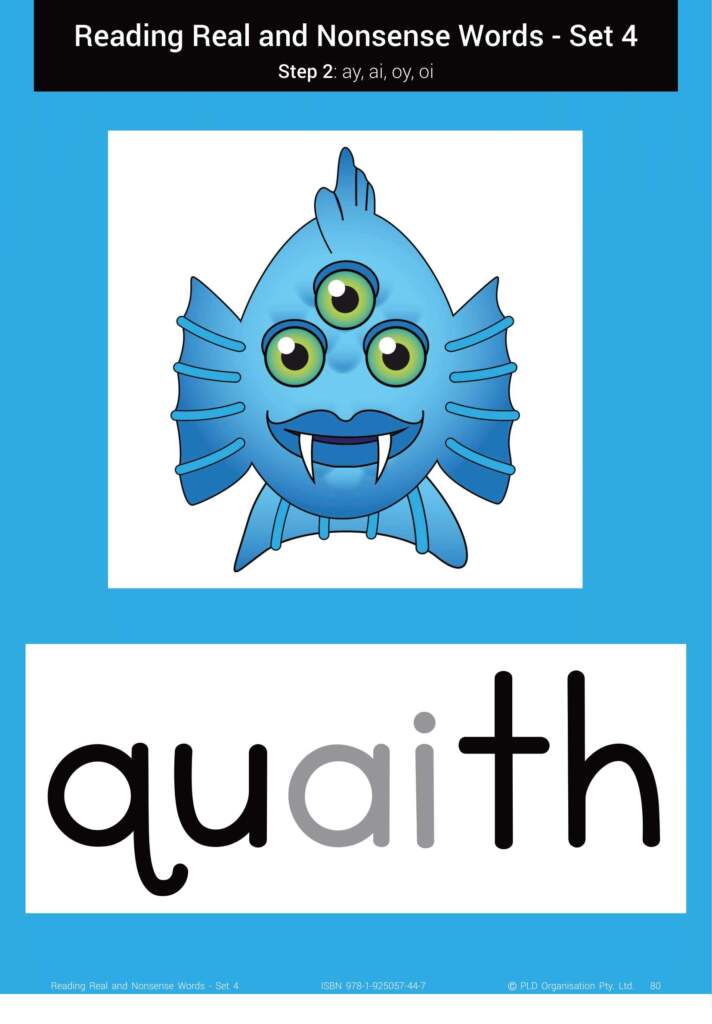

PLD also recommends the presentation of the Phonics Check in Term 3 or Year 1. The Literacy Hub has developed an Australian version of the UK Phonics Check. Using the following Year 1 Phonics Check, the PLD Stage 1 concepts have been highlighted and should be read correctly by Term 3 of Year 1. Remember, if Foundation and Year 1 teachers are teaching PLD’s Stage 1 phonic concepts well, the majority of students will secure the required score of 28 out of 40 words read correctly.
Get in Touch With PLD
If you have any queries about how your school can implement PLD in preparation for the WA Phonics initiative, please get in touch with the team at PLD.
We can assist your school with the implementation of SSP starting in the Early Years (Kindergarten), continuing across Foundation (Pre-Primary), and cementing literacy skills in Year 1.
Ask quick questions via the live chat (green chat icon) on the bottom right corner of this website, call (08) 9227 0846, or email mail@pld-literacy.org



 print
print